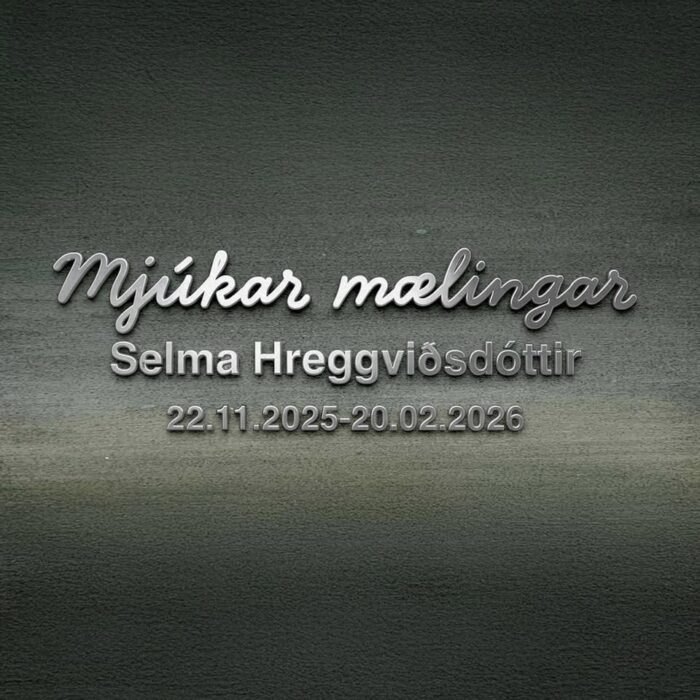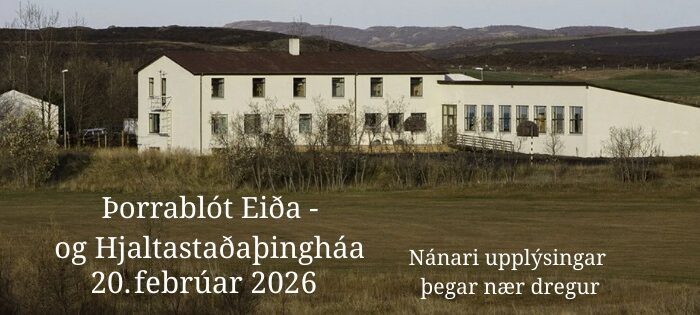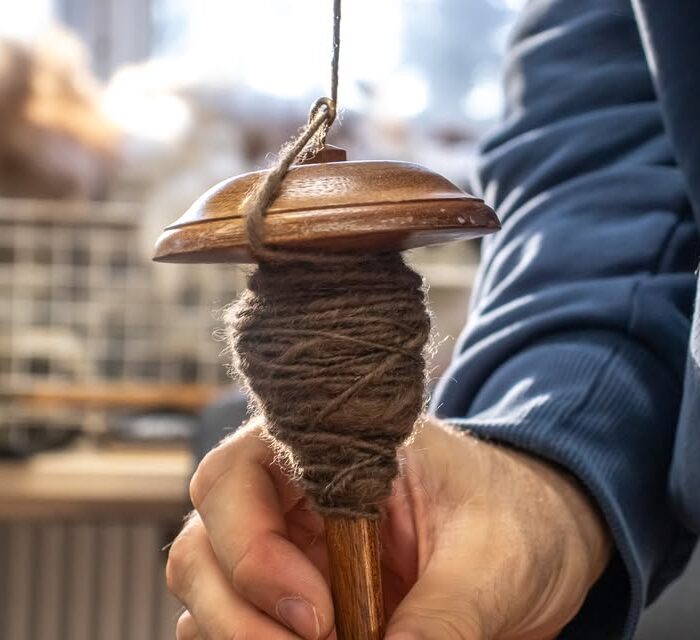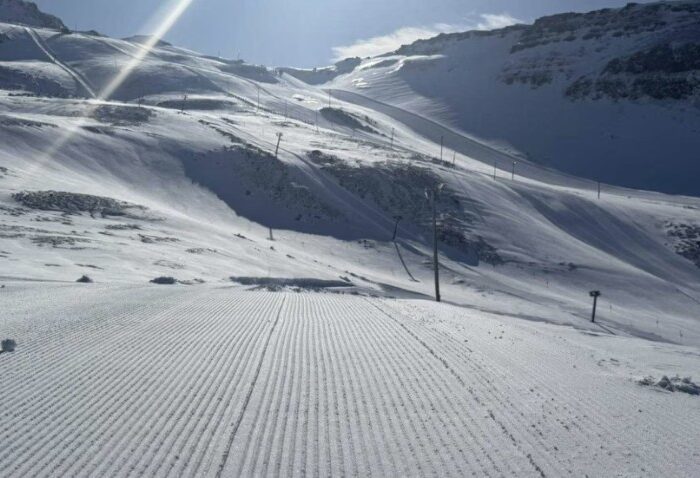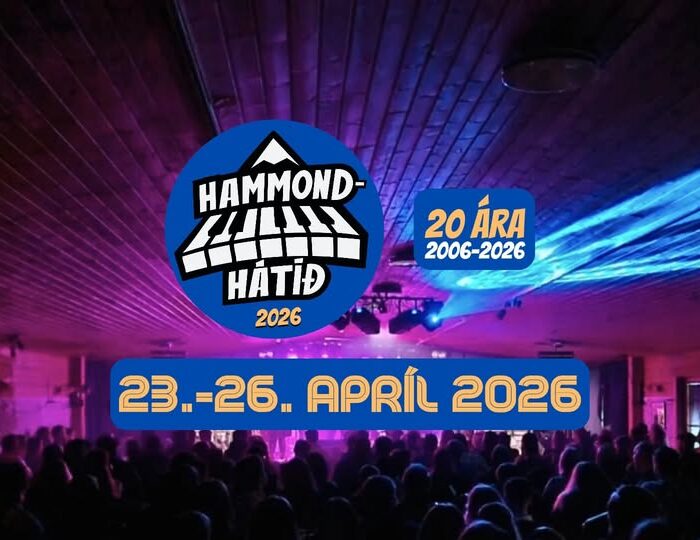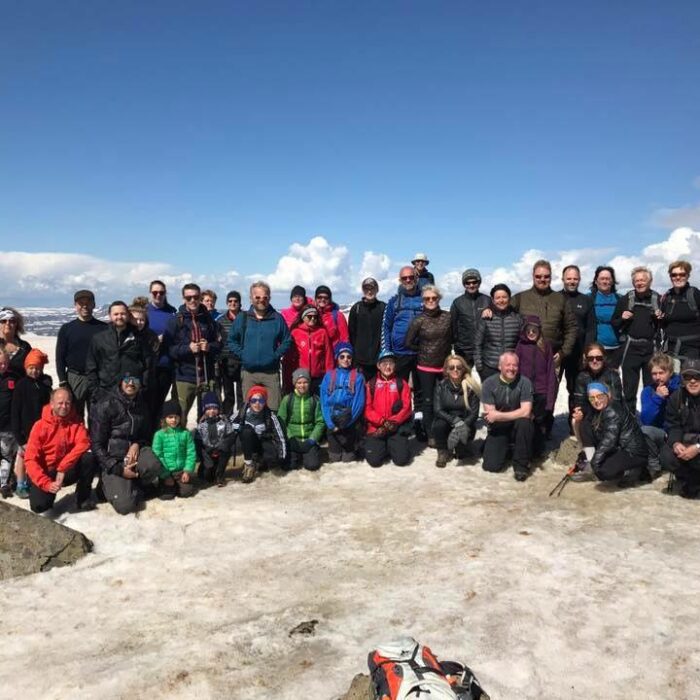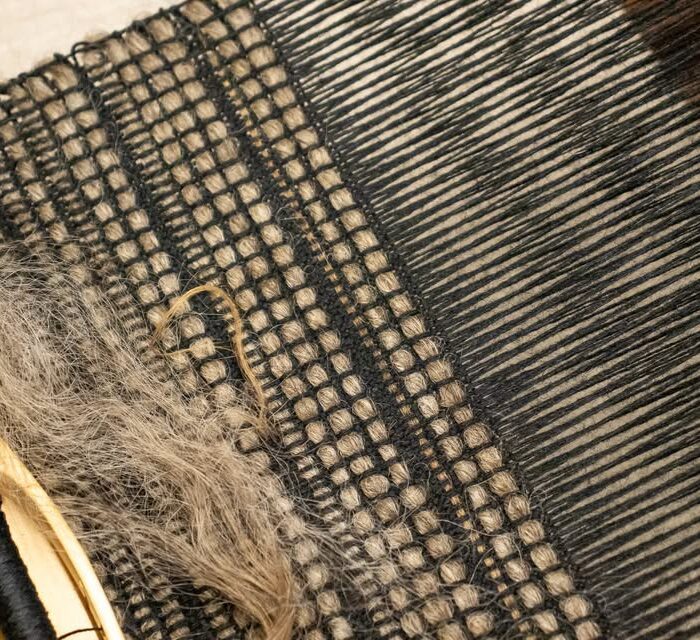Misplaced Gaze í Þórsmörk – Opnun
Menningarstofa Fjarðabyggðar
25. March, 2022
Farandsýningin -Misplaced Gaze- opnar hjá Menningarstofu Fjarðabyggðar í Þórsmörk 25. mars kl. 16:00.
Listamennirnir Juanjo Ivaldi Zaldivar og Tessa Rivarola eru frá Paragvæ en eru nú búsett á Seyðisfirð. Saman sýna þau ljósmyndir og ljóð en sýningin byggist á reynslu þeirra frá því að flytja úr suðrænu fjölmennu landi í einangrað fámenni í mikilli nánd við óútreiknanlega náttúruna. Í verkum sínum velta þau fyrir sér landslagi og umhverfi ásamt því að vekja athygli þeim breytingum á náttúrunni rekja má til hnattrænnar hlýnunar.
Föstudaginn 25. mars verður einnig opin vinnusmiðja þar sem ungu fólk gefst kostur á að vinna myndir og texta í samvinnu við Tessu og Juanjo. Vinnusmiðjan er opin frá kl. 13 til 15.
Léttar veitingar verða á boðstólnum við opnunina sem hefst kl 16:00 og að opnuninni lokinni býður Hildibrand upp á S-Ameríska stemningu.
Athugið að sýningin verður aðeins opin í Neskaupstað þessa einu helgi og svo til og með 29. mars áður en hún flakkar á Seyðisfjörð.
Enginn aðgangseyrir.
– – –
The exhibition -Misplaced Gaze- opens in Þórsmörk. Culture Center of Fjarðabyggð, 25th of March at 16:00.
Open workshop with the artists in Þórsmörk on the 25th for young people between 13 – 15.
Misplaced gaze- collects the works of Paraguayan artists Juanjo Ivaldi Zaldivar (1984) and Tessa Rivarola (1975), who currently reside in Seyðisfjörður, Iceland.
Both artists present this proposal with a melancholic hue, intentionally marked by their migratory experiences. Coming from a tropical country (Paraguay) and now finding themselves traversed by the radical experience of being -isolated- and away from the noise of cities and crowds, intimate with an overflowing nature, which is giving signs of drastic changes.
Photography and poetry seek to accommodate what exceeds it.
In Photography, decomposition emerges as a vehicle to express a question, which is also a deep distress, how far are we going to go with predation?
The networks are full of beautiful panoramics, as if it were about cosmetics so as not to face the urgent.
The breakage, the fragments, appear as an expression of chaos and despair in the face of irreversible damage. Juanjo shreds the panorama, tears it to pieces to confront the predatory homo sapiens.
Photography and poetry dialogue with silence and suspended time.
The word tries to account for its insufficiency. Therefore, Tessa offers a series of bunches of words with a fruit to be discovered, the adventure of the inner explosion
